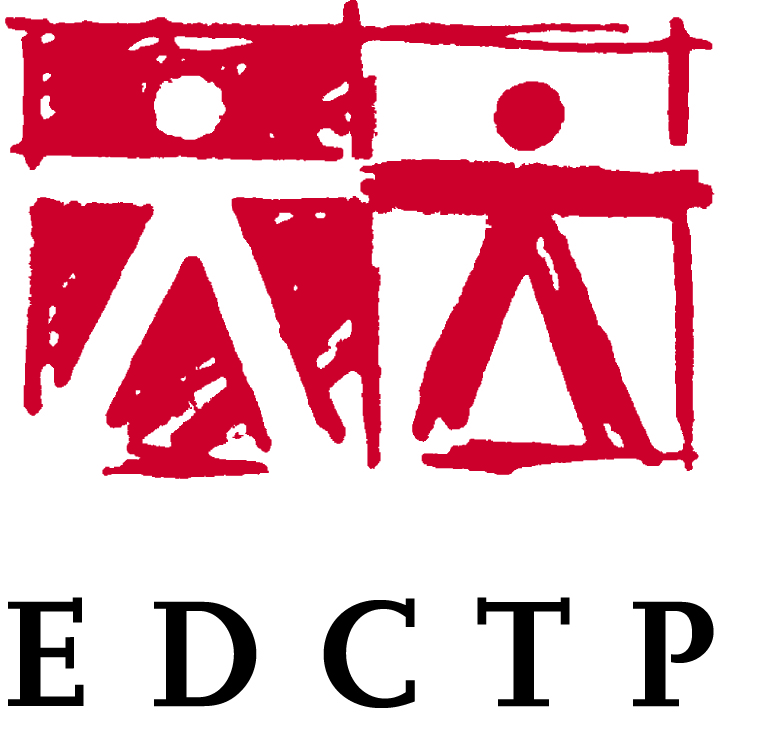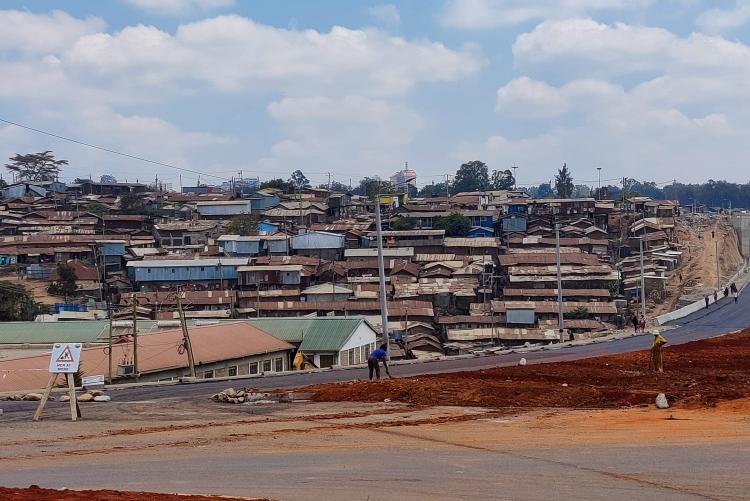Emerging and reemerging infections (ERIs) are a major threat to global health today. The world needs to be prepared to handle an outbreak anytime as ERIs occur unpredictably, often causing serious morbidity, mortality as well as economic losses. Preparation requires surveillance so as to detect outbreaks and nip them before they spiral out of control
This project aims to identify arboviral causes of acute febrile illness (AFI) in Kibera, Nairobi.
This is a cross-sectional study on patients with undifferentiated fever in three health facilities in Kibera informal settlement, Nairobi city, Kenya. Clinicians will obtain informed consent from patients who meet the inclusion criteria. Sociodemographic and clinical data as well as blood and urine samples will be collected from patients with fever. Samples have been analysed for antibodies against flaviviruses (e.g. dengue), alphaviruses (e.g. Chikungunya) and bunyaviruses (e.g. Rift valley fever). In addition, the samples will be analyzed using PCR and next-generation sequencing to detect any other viruses in the samples.
This study is expected to determine the proportion of acute febrile illness that is due to arboviruses. Any novel or emerging viruses will also be identified and characterized. This information will help inform surveillance efforts as well selection and development of appropriate diagnostic assays and vaccine targets for common arboviral infections in the study area and beyond.
This work is funded through a career development fellowship grant by EDCTP to Dr. Moses Masika under the mentorship of Prof. Omu Anzala and Prof. Olli Vapalahti (University of Helsinki).


This project (TMA2017CDF-1865) is part of the EDCTP2 programme supported by the European Union
- Log in to post comments

